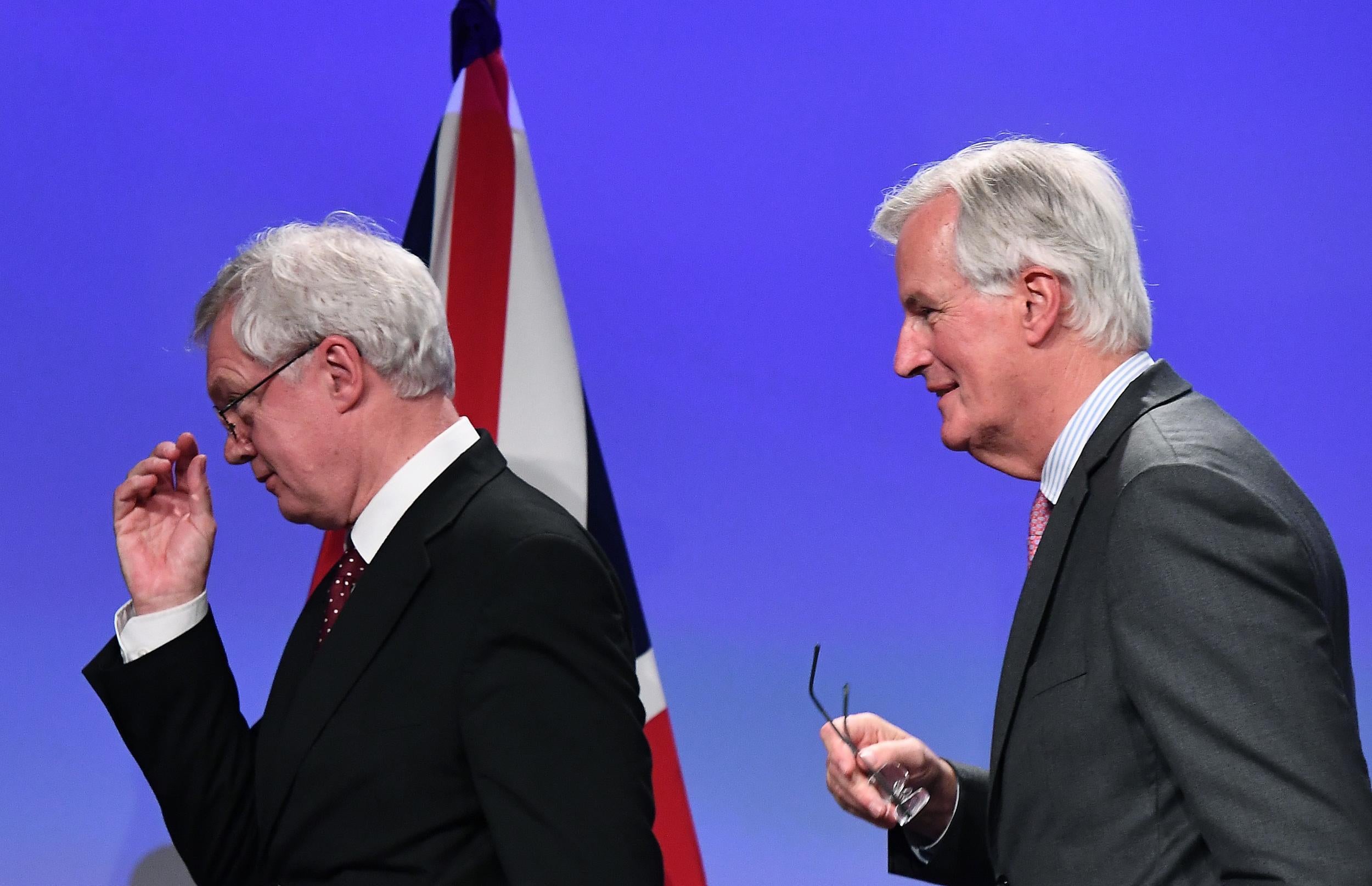It takes two sides to agree a divorce – the EU needs to play ball over Brexit too
The question is whether the EU wants a friendly and co-operative relationship with its northern former member – or whether it is prepared to have an angry and difficult one


The Brexit negotiations are a mess, and they will continue to be a mess. We all knew this but have seen it most evidently in the past 24 hours. For a start the Government does not have a clear negotiating strategy. Consider this.
We had Phillip Hammond clearly trying to push for a soft Brexit, for example by warning that it was conceivable that airline traffic between the UK and the EU might grind to a halt if there were no exit deal. He also suggested that the Government should not spend money unnecessarily on planning for no deal. By contrast Theresa May, while making it clear that there should be some kind of transition deal, also made it equally clear that the exit talks would not be extended beyond March 2019.
Meanwhile the negotiations appear to be deadlocked, with David Davis warning that the UK “needs to be ready” for no deal. The aim was to put pressure on the EU negotiators, as is the talk of the country seeking to join the US, Canada and Mexico in NAFTA as an alternative. Given the scale of the issue and the complexity of the negotiations, there should be a disciplined, single-minded group of ministers, call it a war cabinet, presenting an agreed unified strategy. There isn’t.
But it would be wrong to put all the blame on the British side. Yesterday Kristian Jensen, Denmark’s finance minister, said that the EU was playing a “game” with its demands for a high up-front Brexit divorce bill, and called for a “speedy” compromise.
That leads to a deeper problem. The structure of the negotiations – first, an agreement on the terms divorce, and only then talks about trade access – was designed to put any leaving country at a disadvantage. In the case of the UK, we are particularly at a disadvantage because the contributions to the EU budget, a net £10bn or so, are one of our two strong cards. To have to play that card for no return in terms of access would be nuts. That is why there needs to be a compromise.
Tactically the EU is playing the tough game: demand top euro. It is easy to see why. Brussels is set to lose the second largest net contributor to its budget. The more it can get up front the less the pressure on other member states. Further, there is an understandable desire to support the Remainers by trying to persuade Britons that it was all a bad idea. It weakens an already weak Government, and might even persuade the electorate to reverse its decision. Some Europeans, and indeed some Britons, still cling to that possibility, though that becomes less likely by the day.
But what is tactically clever may turn out to be strategically disastrous, something that is evidently recognised in some European capitals, such as Copenhagen. There has been a huge amount of comment about the lack of clarity about what the UK wants, and that comment is fair enough. But there has been very little comment about the lack of clarity of what Europe wants. And the question is whether the EU wants a friendly and cooperative relationship with its northern former member – or whether it is prepared to have an angry and difficult relationship. The greater the sense in Britain that Europe is behaving greedily, the greater the danger of an antagonistic relationship.
Words matter. One of the depressing aspects of some recent comments by some politicians on both sides is the intemperate language employed. The talks should about practicalities, not postures. And the more unpleasant the language, the more likely it becomes that the medium-term relationship will be a sour one. It takes two sides to agree to a divorce and the concept of one side being the guilty party has long been discredited. This is indeed not a time for games. As Jensen said, the negotiations are “not rocket science”. We can all say aye to that.
Join our commenting forum
Join thought-provoking conversations, follow other Independent readers and see their replies
Comments